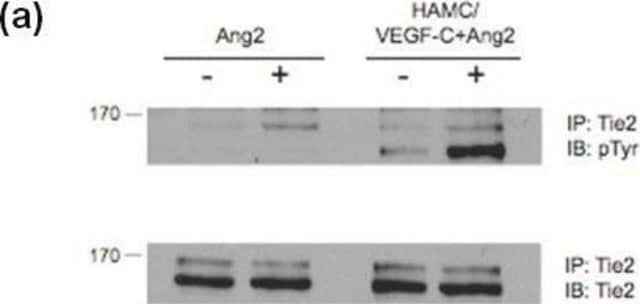All Photos(1)
About This Item
Empirical Formula (Hill Notation):
C14H18Cl3N5O2 · HCl
CAS Number:
Molecular Weight:
431.14
UNSPSC Code:
51111800
NACRES:
NA.77
Recommended Products
Quality Level
Assay
≥98% (HPLC)
form
powder
storage condition
desiccated
color
white to beige
solubility
DMSO: 2 mg/mL, clear
storage temp.
−20°C
InChI
1S/C14H18Cl3N5O2.ClH/c1-14(2)21-12(18)20-13(19)22(14)24-5-3-4-23-11-7-9(16)8(15)6-10(11)17;/h6-7H,3-5H2,1-2H3,(H4,18,19,20,21);1H
InChI key
VOTSDCGUYAGUNS-UHFFFAOYSA-N
Biochem/physiol Actions
WR99210 is a potent inhibitor of Plasmodium falciparum dihydrofolate reductase (pfDHFR), which is a major malarial drug target. It has subnanomolar potency for the wild type, double mutant and quadruple mutant dihydrofolate reductases.
Storage Class Code
11 - Combustible Solids
WGK
WGK 3
Flash Point(F)
Not applicable
Flash Point(C)
Not applicable
Certificates of Analysis (COA)
Search for Certificates of Analysis (COA) by entering the products Lot/Batch Number. Lot and Batch Numbers can be found on a product’s label following the words ‘Lot’ or ‘Batch’.
Already Own This Product?
Find documentation for the products that you have recently purchased in the Document Library.
M Hekmat-Nejad et al.
Experimental parasitology, 87(3), 222-228 (1997-11-26)
With emerging drug resistance in Plasmodium falciparum, novel antifolates effective against pyrimethamine-resistant and cycloguanil-resistant dihydrofolate reductase (DHFR) are in demand. Based on structural similarity to cycloguanil, it has been proposed that WR99210, and its metabolic precursor PS-15, exerts selective antimalarial
Yvette S Levray et al.
Molecular and biochemical parasitology, 238, 111292-111292 (2020-06-09)
Defining protein-protein interactions is fundamental to the understanding of gene function. Protein-fragment complementation assays have been used for the analysis of protein-protein interactions in various organisms. The split-dihydrofolate reductase (DHFR) protein-fragment complementation assay utilises two complementary fragments of the enzyme
Jan D Warncke et al.
Cellular microbiology, 22(2), e13123-e13123 (2019-10-28)
A hallmark of the biology of Plasmodium falciparum blood stage parasites is their extensive host cell remodelling, facilitated by parasite proteins that are exported into the erythrocyte. Although this area has received extensive attention, only a few exported parasite proteins
Our team of scientists has experience in all areas of research including Life Science, Material Science, Chemical Synthesis, Chromatography, Analytical and many others.
Contact Technical Service







